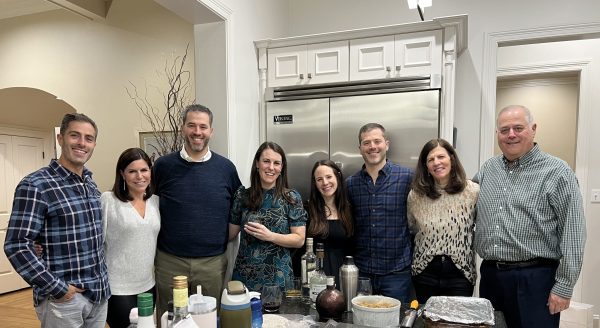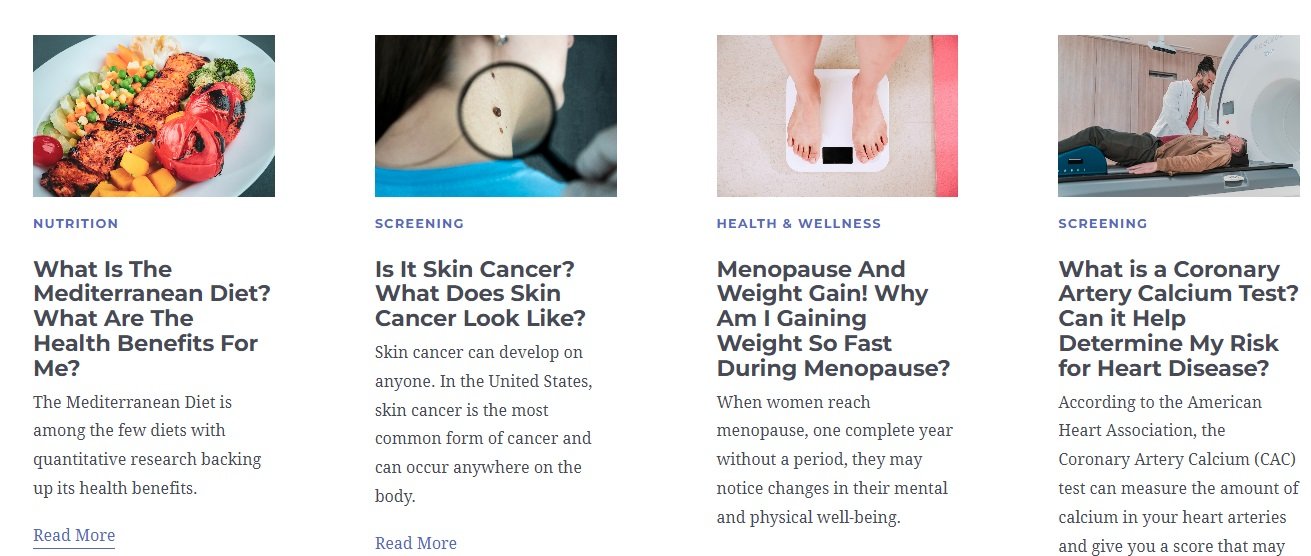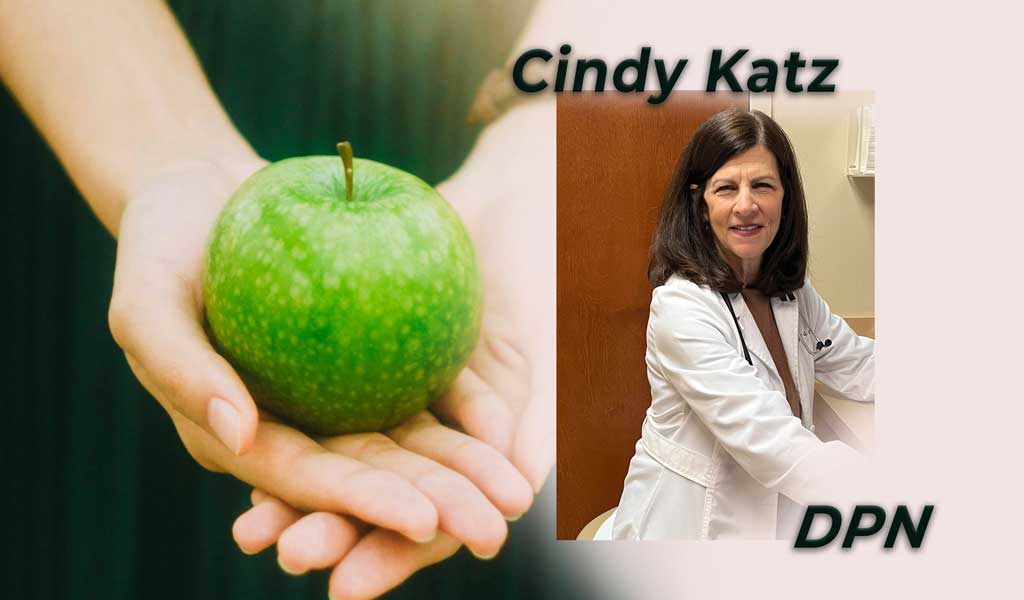Cindy Katz has always led a healthy lifestyle, though she started seeing interesting patterns and perspectives when she began her career as a nurse practitioner. Here’s how her inspirational journey of health and wellness evolved.
Cindy grew up in St. Louis and later graduated from the University of Texas, Austin, in 1981 with a Bachelor of Science in Nursing (BSN). Upon moving to Memphis, she began her work as a registered nurse at LeBonheur Children’s Medical Center in the Pediatric Intensive Care Unit and eventually taught the pediatric nurse intern program at the hospital.
As her professional life was taking off, so was her personal life. Married to husband, Buz, for 42 years now, the couple raised three wonderful sons. “We have now added three daughters-in-law and seven grandchildren to our family!” she said happily.


Cindy & husband Buz Katz surround themselves with their three sons, three daughters-in-law & seven grandchildren as often as possible.
A lifelong learner with dedication to aiding others, Cindy added a Master of Science in Nursing (MSN) in 2006, at which time she began working as a nurse practitioner in internal medicine, then earned her Doctor of Nursing Practice (DNP) in 2013 – both designations are from the University of Tennessee Health Science Center.
“My passion is wellness care and helping individuals design a wellness plan that fits their needs,” she explained. “I emphasize being proactive in care instead of reactive. What does this mean? It involves taking responsibility for your health and reducing your risk of morbidity and mortality.”


That’s just part of it, though. To be a resource on current topics in the medical world, as well as to share incredibly useful information from her 40-plus years of experience as a nurse and healthcare provider, Cindy created MyWellnessVitals.com.
As she notes on her site, “In my experience, I come across countless people that struggle with health issues. My goal is to help people understand what is important in maintaining a healthy lifestyle encompassing your physical, mental, and emotional well-being.”
You’ll find numerous informative articles on MyWellnessVitals ranging from dementia, Alzheimer’s, anxiety, and depression, to yoga, vitamin D, the flu, blood pressure, weight loss management and so much more.
Since everyone’s personal and genetic makeup is different, Cindy encourages annual exams, cancer screening and age-appropriate immunizations. She also advises having discussions with your practitioner about diet, exercise, smoking and alcohol use, sleep patterns, and stress, which can help identify areas for improvement and change to promote wellness.
You likely know that preventative care is critical. But why, exactly? “It can help reduce the risk for diseases and disabilities,” Cindy explained, “and as a result can help lower healthcare costs.”
And thankfully (and finally!), businesses are getting involved in a good way, too. “Many companies now work with employees through biometric screening to help identify health issues,” she added. “Examples are measuring body mass index (BMI), blood pressure, cholesterol and glucose.”
See, early on in her successful healthcare career, Cindy saw many patients who were struggling with health issues. “Had they received early intervention in their care, they may not have acquired the laundry list of medical problems and medications,” she noted. “Taking an active role in transitioning adolescent or young adult patients into my practice became the focus of my doctorate. Based on a patient’s medical and family history, I wanted to identify areas that could be changed by adopting healthier eating habits and exercise.”
In addition to preventative care, healthy lifestyle choices, and family history, it’s important to recognize that our wellness needs – and therefore our health care focus – change as we age. It’s essential to identify medical issues early before they manifest and become more challenging to treat. Consider more stringent cancer screenings. “It’s recommended that both men and women get colorectal screening at age 45, and women need mammograms routinely beginning at age 40,” Cindy shared. “For aging seniors, identifying cognitive decline and preventing falls is integral to managing their healthcare.”
While there are differences in various healthcare roles and each serves a beneficial purpose, of course, Cindy proudly highlights the emerging roles of nurse practitioners in the healthcare industry.
“We are active members of a team of medical providers who work to ensure we provide the best care for our patients,” she shared. “Multiple states that grant full practice authority to nurse practitioners, which means they can own and operate their own independent practices. Tennessee is not one of those states, but legislation is constantly changing.”
In the meantime, keep a finger on the pulse of your health with preventative care, a healthy lifestyle and open conversations with your practitioners. Here’s to your good health!








